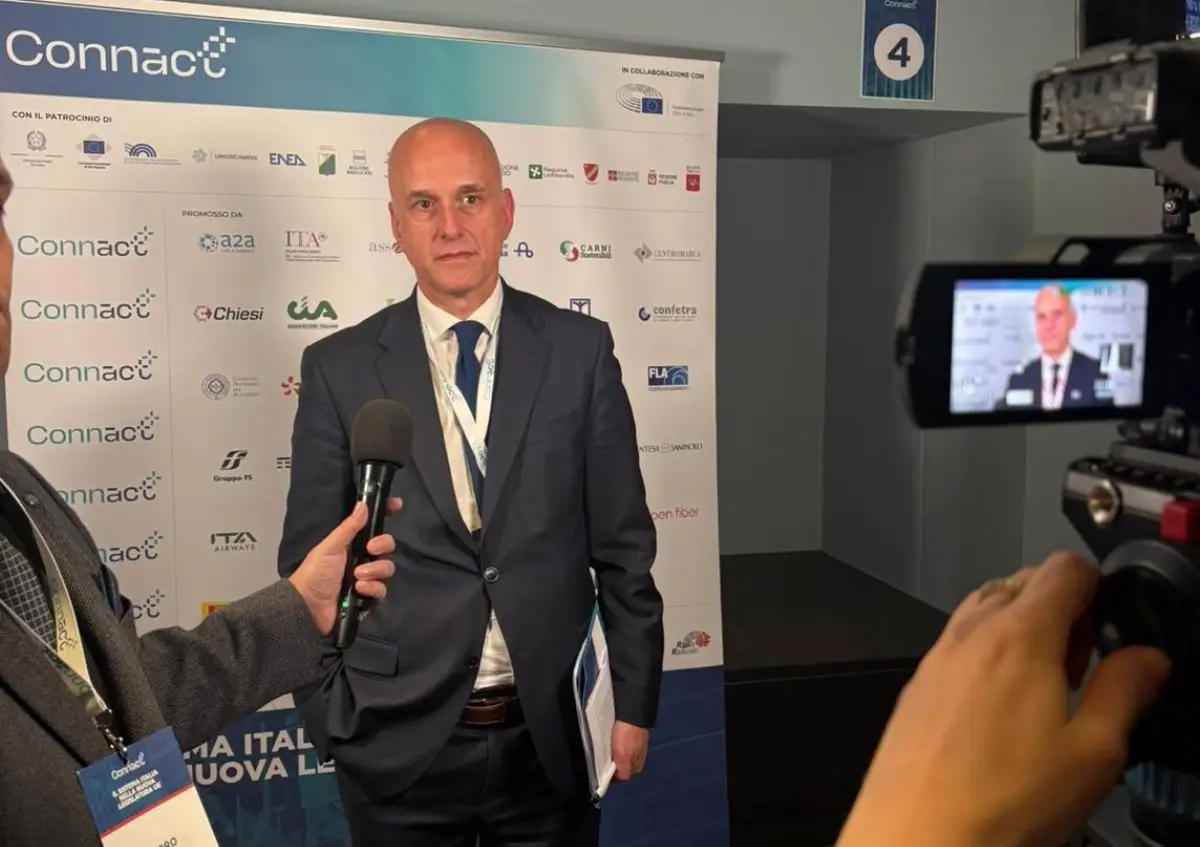
Zootechnics. The risks of dismantling livestock farms
Spangaro (Carni Sostenibili): "For food and social security, avoid the crisis of the sector like the automotive one"

“Reducing livestock farming and related activities would be a serious risk for our food and social security, let's avoid putting our livestock sector like the automotive sector into crisis” said Michele Spangaro who spoke in Brussels at the annual meeting of Connact representing Carni Sostenibili, the non-profit organization that brings together the associations of meat and cured meat producers in Italy (Assica, Assocarni and UnaItalia).
On the occasion of the focus on agri-food, within Connact 2025, the platform of events that brings together the private sector with institutions, it was recalled that in the world over 1.3 billion people have their main source of livelihood and income in livestock farming and, according to the latest FAO estimates , the demand for animal proteins will grow by 21% by 2050, especially in developing countries. Today in Europe the agricultural sector is worth 537.1 billion euros, of which approximately 40% comes from livestock farming and products of animal origin (214.3 billion euros). Furthermore, the livestock sector employs 4 million people .
Speaking at the meeting, Spangaro said “dismantling our agri-food system to accommodate ideologies without any scientific basis risks putting Europe in a condition of dependence on third countries, which operate with safety and environmental standards that are not comparable to ours”.
In fact, from 1990 to today, the Italian livestock system has recorded a progressive decrease in emissions and in the world in the last 30 years the agricultural sector has fed almost 2.5 billion more people by reducing per capita emissions by about 20%. "It is no coincidence - explained Spangaro - that a large part of the scientific world has spontaneously reacted by demonstrating, through the most recent technical-scientific research, that the production and consumption of products of animal origin can be sustainable, both for health and for the environment".
"Unfortunately - Spangaro continued - we are witnessing commercial policies disguised as nutritional ones, to create a Universal Diet. Which may also appear to be an effective solution but in fact threatens the freedom of choice and promotes uniformity of consumption. It could be defined as the "iPhonization" of nutrition: creating the same foods for everyone at all latitudes, in a centralized production system that limits diversity and inhibits innovation. The Universal Diet - Spangaro concluded - although attractive for some large companies, constitutes a serious threat because it effectively destroys all the traditional diets that represent the food and wine heritage of each country, such as the Mediterranean Diet, but many other examples can be given".
EFA News - European Food Agency